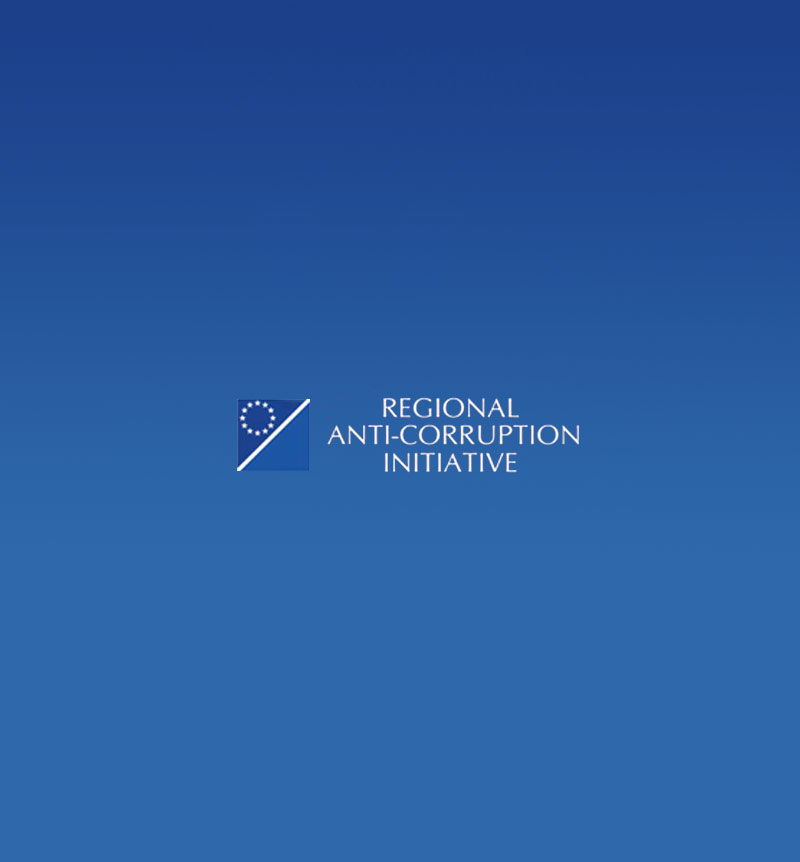- July 7, 2025
- Posted by: Sladjana Cvijanovic
- Category: RAI News
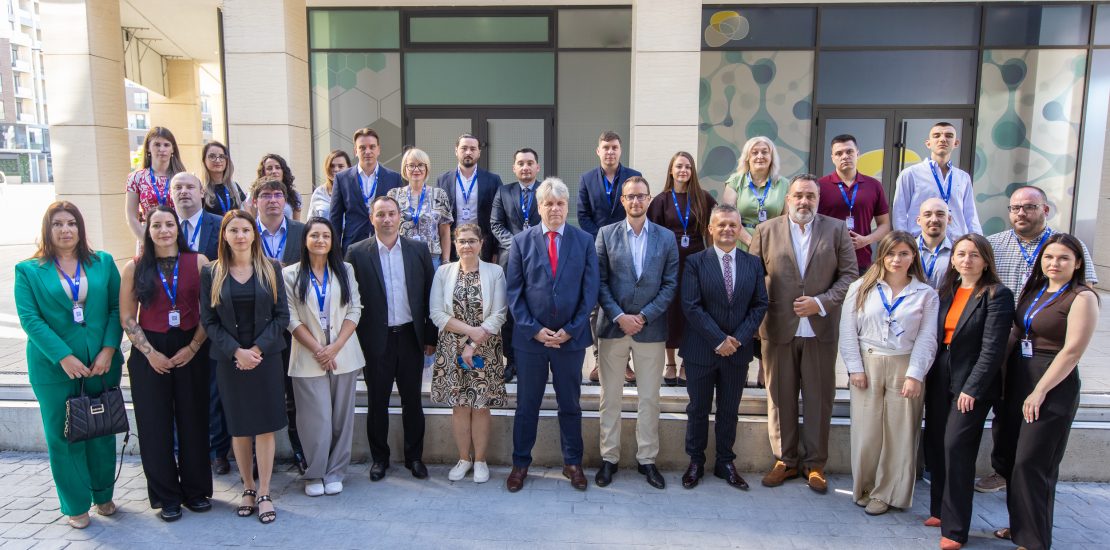
The Regional Anti-Corruption Initiative (RAI) Secretariat successfully organized the 20th Edition of the Summer School for Junior Anti-Corruption Practitioners from Southeast Europe (SEE) in Podgorica, Montenegro, from July 2-4, 2025. This year’s edition, titled “Introduction to UNCAC and UNTOC Conventions and Review Mechanisms,” aimed to provide the junior practitioners with an overview of the UNCAC and UNTOC Conventions, taking into account different obligations and activities that countries have in the implementation, including a review mechanism for both Conventions. This year’s program hosted 22 participants from Albania, Bosnia and Herzegovina, Bulgaria, Croatia, Kosovo*, Moldova, Montenegro, North Macedonia, Poland, Romania, Serbia, and Ukraine.
The 20th Edition of the Summer School was hosted by the Regional School for Public Administration (ReSPA) and financially supported by the Austrian Development Agency within the Regional Programme Southeast Europe -Together Against Corruption II.
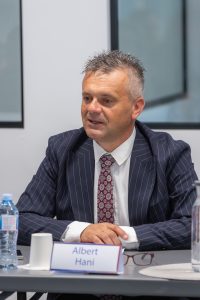 During the opening, Mr. Albert Hani, Director of the RAI Secretariat, highlighted that this Summer School commemorates two decades of dedicated efforts to enhance the capacities of professionals in the crucial area of anti-corruption. He stated that our goal is not only to improve technical expertise but also to cultivate a vibrant network of young professionals across the region. Mr. Hani also expressed his gratitude to the Austrian Ambassador to Montenegro, Dr. Christian Stainer; the Acting Director of the Agency for the Prevention of Corruption of Montenegro, Mr. Dušan Drakić; and our esteemed partners from UNODC and ReSPA.
During the opening, Mr. Albert Hani, Director of the RAI Secretariat, highlighted that this Summer School commemorates two decades of dedicated efforts to enhance the capacities of professionals in the crucial area of anti-corruption. He stated that our goal is not only to improve technical expertise but also to cultivate a vibrant network of young professionals across the region. Mr. Hani also expressed his gratitude to the Austrian Ambassador to Montenegro, Dr. Christian Stainer; the Acting Director of the Agency for the Prevention of Corruption of Montenegro, Mr. Dušan Drakić; and our esteemed partners from UNODC and ReSPA.
H.E. Christian Stainer, Ambassador of Austria in Montenegro, expressed satisfaction that Austria, through the SEE- TAC II regional programme, is supporting the countries in the region. He noted that the importance of administrative reforms and EU integration, as good governance and trust in public institutions, are crucial for the stability of the region.
In his address, Mr. Dušan Drakić, Acting Director of the Agency for Prevention of Corruption of Montenegro, emphasized that the fight against corruption cannot and must not be the responsibility of just one institution. Promoting integrity, ethics, and accountability in public administration, as he emphasized, must be a joint mission of all stakeholders – decision-makers, institutions, and citizens.
Ms. Ivana Petričević, Partnership and Knowledge Management Officer at ReSPA, said that supporting this initiative, ReSPA continues to invest in the next generation of anti-corruption practitioners, promoting regional collaboration, professionalism, and integrity of public service.
Esteemed experts Mr. Constantine Palicarsky and Alaksandar Đorđević from UNODC, Mr. Georg Stava from the Austrian Embassy in Belgrade, and Mr. Ognjen Mitrović, the Rule of Law expert from Montenegro, played a crucial role in providing participants with essential insights into the content of the UNCAC (United Nations Convention against Corruption) and UNTOC (United Nations Convention against Transnational Organized Crime).
They enabled participants to understand the responsibilities of each country in defining criminal offenses and the preventive and repressive measures available to authorities. The discussion also covered topics such as Asset Recovery, Mutual Legal Assistance (MLA), Joint Investigative Teams (JITs), conflict of interest, and public procurement, . Additionally, these experts shared insights on how countries prepare for the implementation review mechanism, establish coordination at the national level, and prepare for meetings with evaluation countries. Also, Mr. Stawa provided information about the Dashboard – Efficiency in Judiciary and regional reforms in this area, how the judicial system of the Western Balkan is functioning, statistically comparing to European Union Member States.
The regional approach of the Summer School fostered valuable partnerships and networking opportunities among participants, which will benefit them throughout their careers. Delivered in an engaging and interactive format, the program allowed participants to explore various areas while gaining practical skills for personal development and improving interpersonal relationships. The hands-on sessions encouraged strategic thinking, dialogue, and teamwork, creating a collaborative environment among participants from across the region.
Upon completion of the program, participants received the RAI Summer School Certificate of Attendance.
The Regional Anti-Corruption Initiative Summer School continues to be a significant event in cultivating the next generation of anti-corruption leaders in Southeast Europe. It combines theoretical training with practical, real-world applications to create a lasting impact on the fight against corruption.
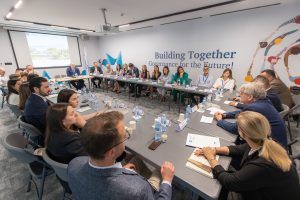
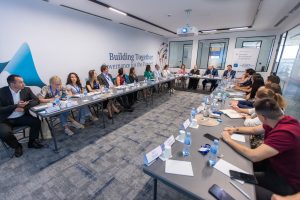
*This designation is without prejudice to positions on status, and is in line with UNSCR 1244/1999 and the ICJ Opinion on the Kosovo declaration of independence.

